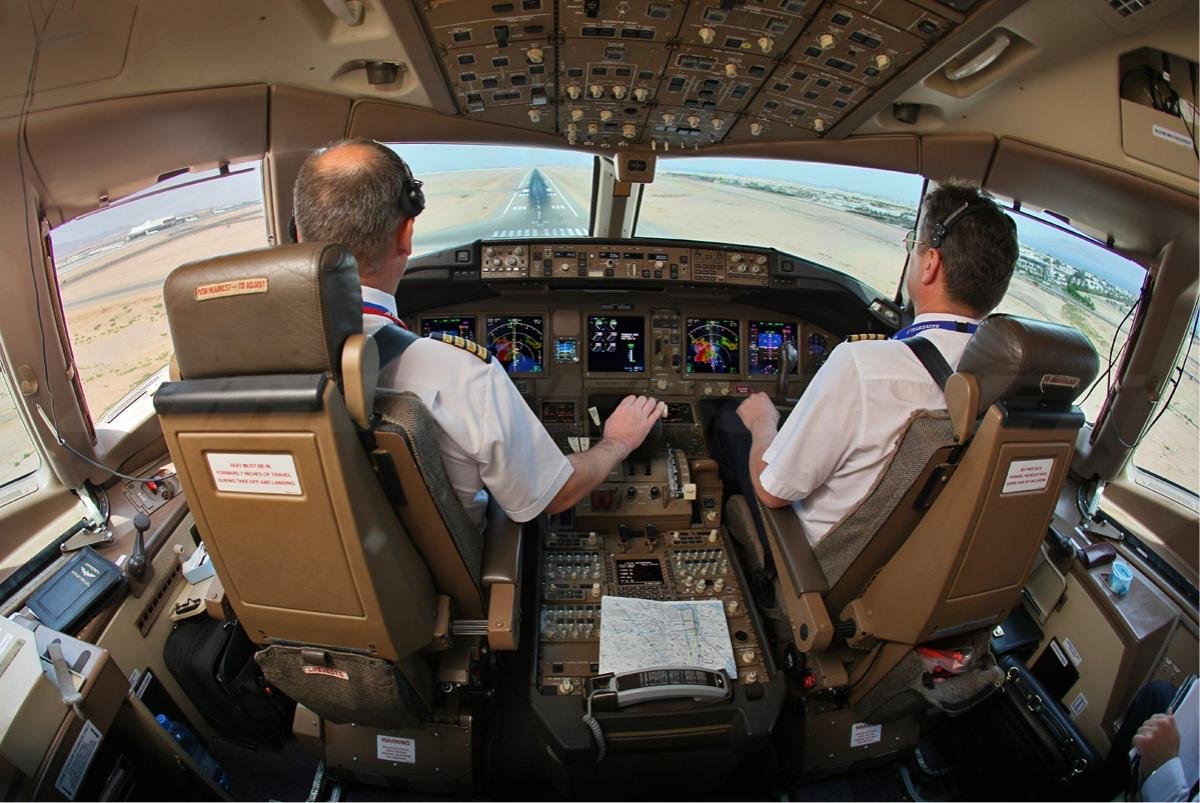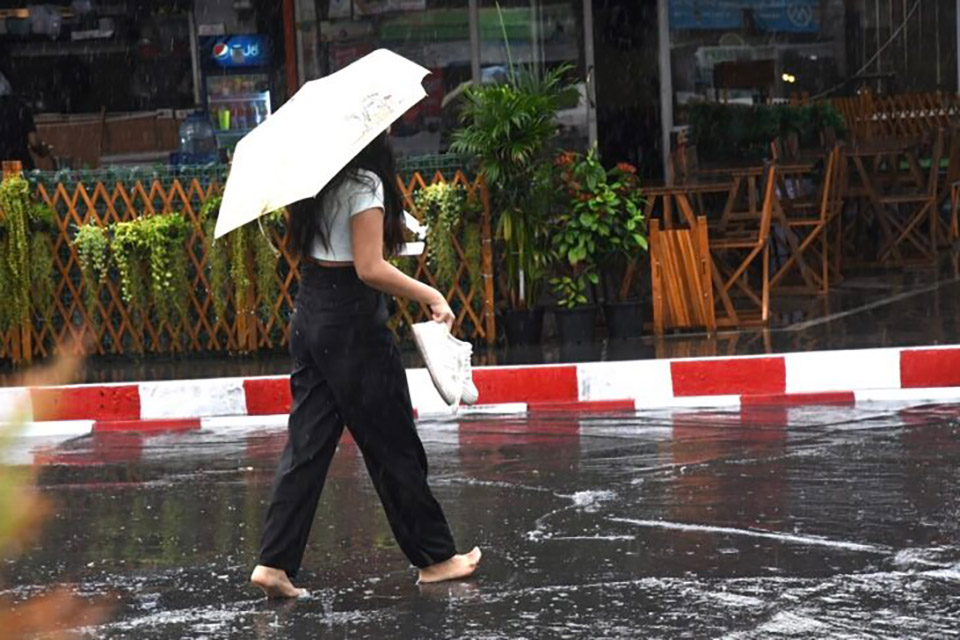Opposition Mounts Against Foreign Pilot Decision
Thai Pilots Association Takes Action
The Thai Pilots Association has launched a formal challenge against the government’s recent decision to allow foreign pilots to operate domestic routes in Thailand. This move comes in response to a cabinet approval granted in December 2024, which permits foreign pilots to fly domestic routes for a six-month period. The association argues that this decision is unnecessary and potentially harmful to the local aviation industry.
Disputed Claims of Pilot Shortage
Association Presents Contradictory Data
At the heart of the controversy is the government’s claim of a pilot shortage amid rising tourism demands. However, the Thai Pilots Association strongly disputes this assertion. Captain Teerawat Angkasakulkiat, president of the association, cites a 2023 report from the Civil Aviation Authority of Thailand (CAAT) indicating that Thailand has 3,024 commercial pilots. This figure includes over 1,000 experienced pilots laid off during the COVID-19 pandemic and more than 1,200 recent graduates awaiting employment.
Concerns Over Long-term Impact
Potential Threats to Local Aviation Industry
The association expresses deep concern about the potential long-term consequences of this decision. They argue that allowing foreign pilots to operate in Thailand for extended periods could negatively impact employment opportunities for Thai pilots and weaken the nation’s aviation capabilities. There are also worries about the policy’s misalignment with Thailand’s 20-year national labor strategy, which aims to develop the country’s future industries and service sectors.
Legal and Regulatory Challenges
Questions of Compliance with International Agreements
The Thai Pilots Association has raised questions about the legality of the government’s decision. They argue that the move may violate international agreements, particularly the provisions of the 1944 Chicago Convention. This convention serves as the framework for the Universal Safety Oversight Audit Programme, which assesses member states’ compliance with international aviation standards.
Government’s Perspective on the Decision
Temporary Measure to Address Demand Surge
The Ministry of Transport defends the decision as a temporary measure designed to address a surge in flight demand that local operators have been unable to meet. They argue that by making more planes and flights available, the measure has effectively lowered airfares. The approval for these wet-lease arrangements is set to expire on December 31, 2025.
Broader Implications for the Aviation Sector
Concerns Over Industry Stability and Career Prospects
The controversy extends beyond immediate operational concerns. The Thai Pilots Association warns that this decision could impact public confidence in pursuing aviation careers. If the profession is perceived as unstable, potential candidates might opt for alternative careers with lower educational costs and risks, potentially leading to a genuine shortage of local pilots in the future.









